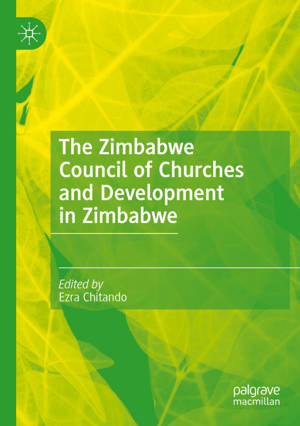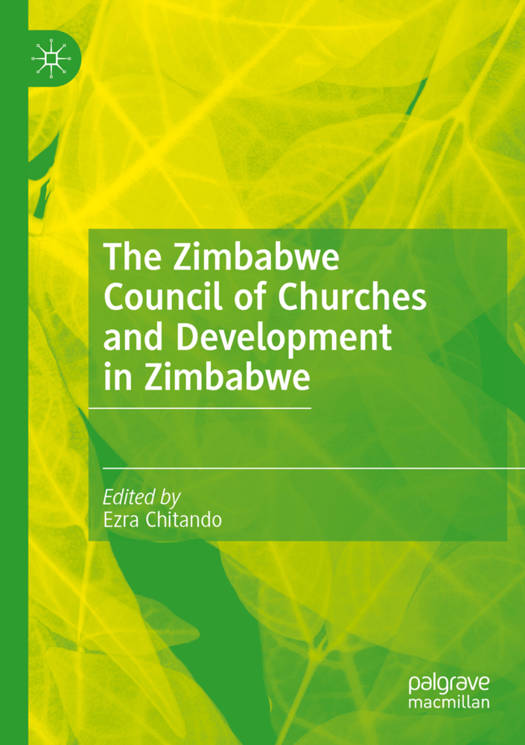
- Retrait gratuit dans votre magasin Club
- 7.000.000 titres dans notre catalogue
- Payer en toute sécurité
- Toujours un magasin près de chez vous
- Retrait gratuit dans votre magasin Club
- 7.000.000 titres dans notre catalogue
- Payer en toute sécurité
- Toujours un magasin près de chez vous
The Zimbabwe Council of Churches and Development in Zimbabwe
Livre broché | Anglais
105,45 €
+ 210 points
Description
There is a growing realization that religion plays a major role in development, particularly in the Global South. Whereas theories of secularization assumed that religion would disappear, the reality is that religion has demonstrated its tenacity. In the specific case of Zimbabwe, religion has remained a positive social force and has made a significant contribution to development, particularly through the Zimbabwe Council of Churches. This has been through political activism, contribution to health, education, women's emancipation, and ethical reconstruction. This volume analyzes the contribution of the Zimbabwe Council of Churches to development in the country.
Spécifications
Parties prenantes
- Editeur:
Contenu
- Nombre de pages :
- 223
- Langue:
- Anglais
Caractéristiques
- EAN:
- 9783030416058
- Date de parution :
- 23-05-21
- Format:
- Livre broché
- Format numérique:
- Trade paperback (VS)
- Dimensions :
- 148 mm x 210 mm
- Poids :
- 285 g






